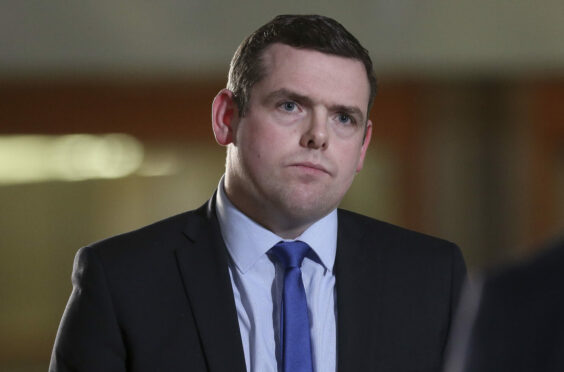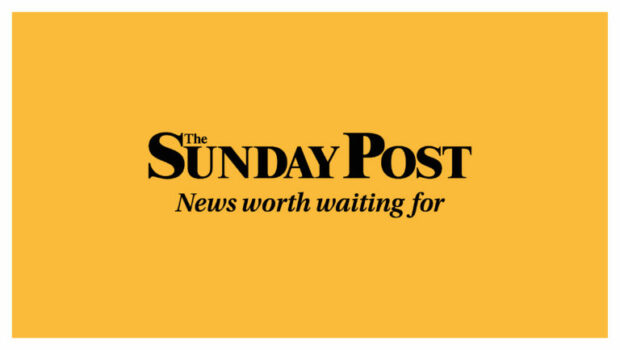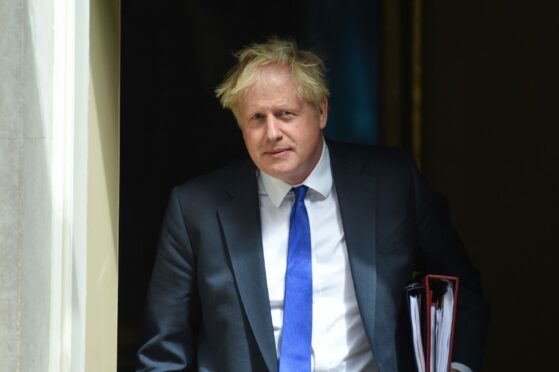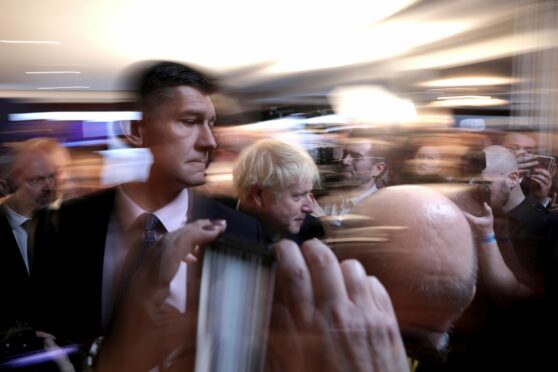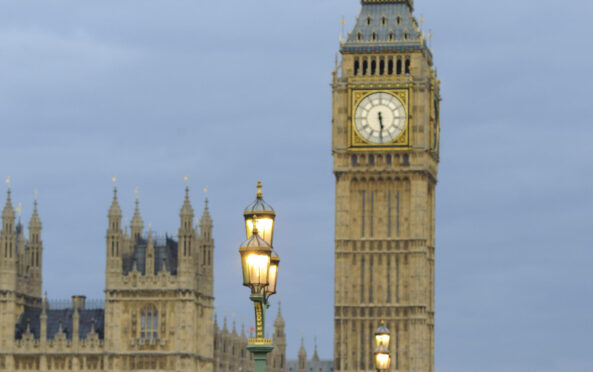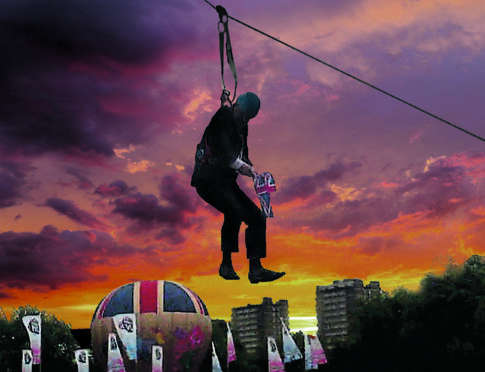
There used to be an informal ceremony that took place whenever the Daily Telegraph appointed a new comment editor. The job, which involves managing the paper’s well-paid, high-profile columnists, included, at least until he became Prime Minister, the unenviable task of keeping one Boris Johnson in line.
This wasn’t really possible – I should know, as I did it for almost a decade. And so whenever a newbie took on the comment role they were presented with The Letter. It served as a preparation, a warning, in the form of a yellowing missive from a long-gone editor of the Telegraph to Johnson.
It warned him that if he continued to so vastly overshoot his deadline the paper would simply refuse to run his column and put something else in its place. Its tone sat somewhere between fury, desperation and resignation.
You won’t be surprised to hear that it didn’t work. Johnson – who was in fact contracted (and paid) to provide two columns a week, though he only ever wrote one – sailed blithely on, creating chaos for everyone else on a weekly basis. He never apologised, and never explained.
This provided me with early insight into what the country has experienced over the past three years. Like many others who had worked with him, I wrote articles before his elevation warning of his unsuitability for high office.
I knew he would use Downing Street, and indeed Britain, as he used everything and everyone else: to satisfy his own lusty desires, to polish and advance the Boris brand, to bolster his self-image as “World King”.
But here’s the thing: I genuinely don’t think any of it is malicious or intended to hurt. He didn’t think much, if at all, about his impact on others. It was a game, a wheeze: he was just getting on with the ribald adventure that was Being Boris. He is a man wired differently from most other people, and lives by a personal code that is in effect pre-Christian, pre-moral, pre-conscience, almost pagan.
Ask his ex-wives and his discarded girlfriends. That is why he seems so confused and affronted by his defenestration from Downing Street for what, in the end, are matters of morality. To him, they are small beer.
This is to explain rather than excuse a man who has certainly been the worst prime minister of modern times. His skill-set and approach left him woefully underprepared and underqualified for a job that is ultra-demanding: its intense pressures, its difficult, life-and-death decisions, its requirement for an exceptional ability to grasp complex detail and strategy.
Ultimately, a prime minister must have at least some empathy for the 65 million people who, one way or another, are relying on them. Empathy-free and almost sociopathically self-centred, Boris Johnson was never going to cut it.
If he has been bad at the job, he has nevertheless been consequential, and arguably more so than most holders of the office. He used his undeniable talents as a mountebank to persuade a majority of Britons to vote to leave the EU, a pivotal decision that we will all have to live with for decades.
His bungled handling of the complexities of Brexit has left Northern Ireland reeling, in the hands of nationalist politicians, and its ongoing place in the UK far from certain.
The economic impact has only begun to be felt, but it seems likely that in the decades ahead the country will suffer badly for its shattered relations with what remains its largest trading partner, will find itself ever more on the outside of major decisions, and will often be scrambling just to stand still.
Johnson has changed the Conservative Party, too. His lack of a moral compass saw him skew to whichever path offered the least resistance or the most glory.
Under his leadership the Tories, of all parties, have declared war on Britain’s major institutions – the law courts are “enemies of the people”; the BBC a lefty cabal and Channel 4 to be sold off; Parliament was to be prorogued to avoid it scrutinising his Brexit plan, the Queen to be collateral damage; there was a four-lettered dismissal of the business community.
If he came to love the NHS, this was literally because it saved his life when he was poleaxed by Covid. There is very little of the “conserve” left in the modern Conservatives.
By forcibly ejecting many of the smartest and most measured of his own MPs in 2019 due to their concerns about the extremity of his Brexit policy, he engineered, almost accidentally, a significant shift in Tory politics and philosophy.
In their place he appointed a Cabinet heavy with hardliners, nodding dogs and second-raters. This lack of senior, wise parliamentarians meant that when it all went so badly wrong there were few in the parliamentary party with the political heft to either pull him out of the fire or lean on him to go before the situation became a farcical national humiliation.
And even then, when anyone else would have long since accepted their fate, he resisted the obvious until Thursday morning.
Johnson has also changed the electoral map of the UK, smashing into the “red wall” of traditionally Labour-supporting seats in the Midlands and the North of England, even as the university-educated inhabitants of the country’s major cities have deserted the Tories. Whether this shift outlasts him will be key to whether Keir Starmer makes it to Downing Street at the next general election.
And what of Scotland? It’s no lie to say that Johnson has done more damage to the Union that any one individual should be capable of. This swaggering, spoiled, narcissistic Old Etonian, who treats governing as lightly as a game of snakes and ladders, has been a standing affront to Scottish notions of effort, opportunity and community.
Brexit has shaken even the staunchest of Unionists, and undermined key aspects of the No campaign which saw off independence in 2014. It has of course created fresh problems for the SNP’s proposal of independence in the EU, not least in the shape of a prospective trading border with England, which takes 60% of our exports, but both sides will have to sharpen up their arguments if there is a second referendum.
In the meantime, the populism and English nationalism embraced by Johnson and his Cabinet have often left Westminster seeming alien and increasingly distant, with a shrinking interest in Scottish affairs and with little time for what might be seen as Scottish values. If Johnson’s time in office is not the nadir of cross-border relations, then the future of the Union looks very shaky indeed.
The Prime Minister is leaving one hell of a mess behind for whoever his successor is. A national repair job is urgently required, which will include restoring a recognisable and consistent set of values to government, rebuilding voter trust in politics, putting meat on the bones of Johnsonian soundbites such as “levelling up”, addressing our ailing relationship with the continent, seeing us through the cost-of-living crisis and the long tail of Covid, and all while readying us to face the future challenges posed by technology, climate change, growing demands on the public purse, and an increasingly unsafe world.
We will, surely in time, come to view Johnson’s three years in power as some kind of fever dream. The country has chosen to put realism on hold in order to indulge a planet-sized ego and follow him down an ever-more eccentric series of rabbit holes.
We have tolerated quite spectacular levels of misbehaviour and endured a period of governance that was at its heart empty. What were we thinking? What, in the end, was any of it for? If it says a lot about Boris Johnson, it says a lot about the rest of us too.

Enjoy the convenience of having The Sunday Post delivered as a digital ePaper straight to your smartphone, tablet or computer.
Subscribe for only £5.49 a month and enjoy all the benefits of the printed paper as a digital replica.
Subscribe